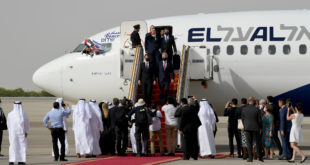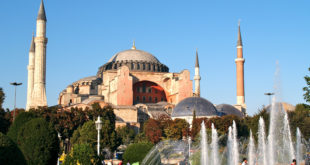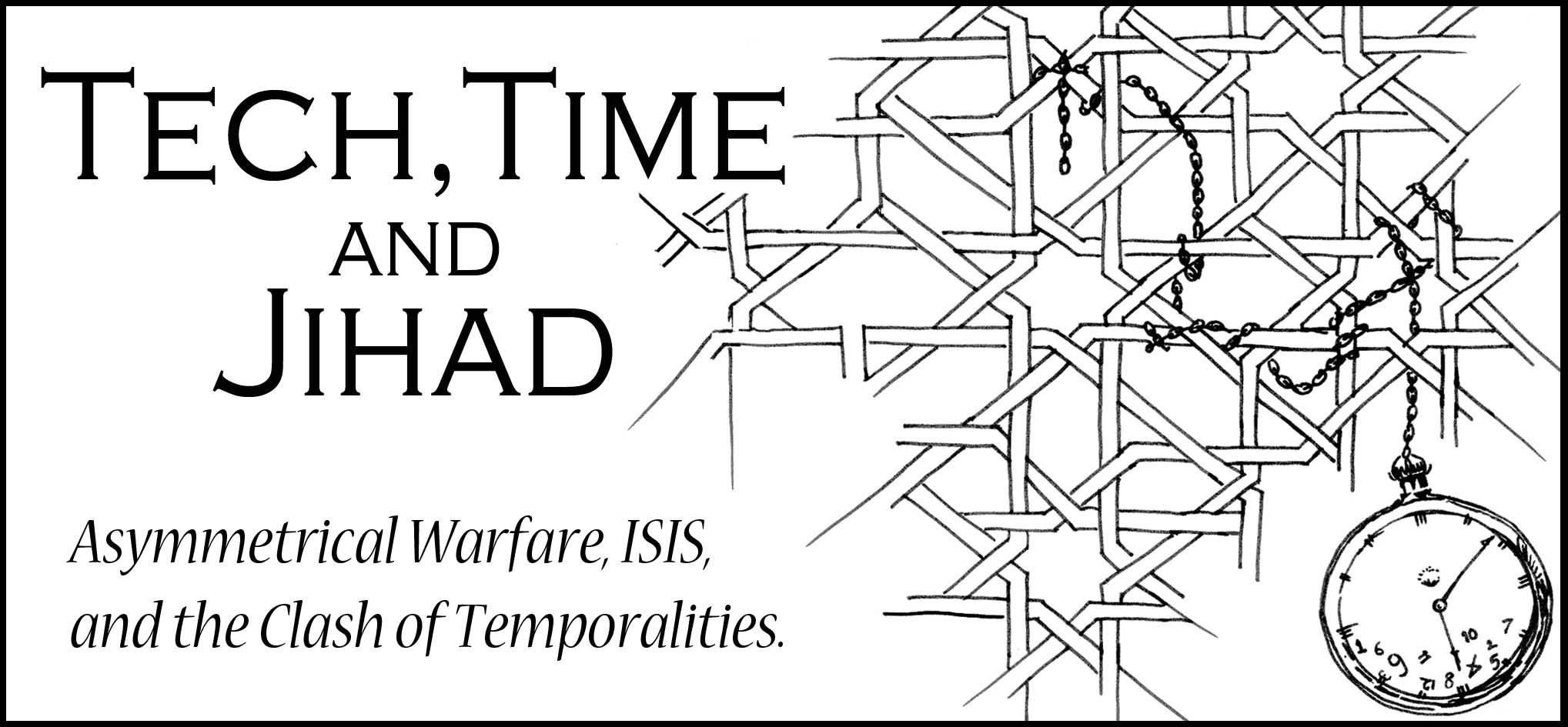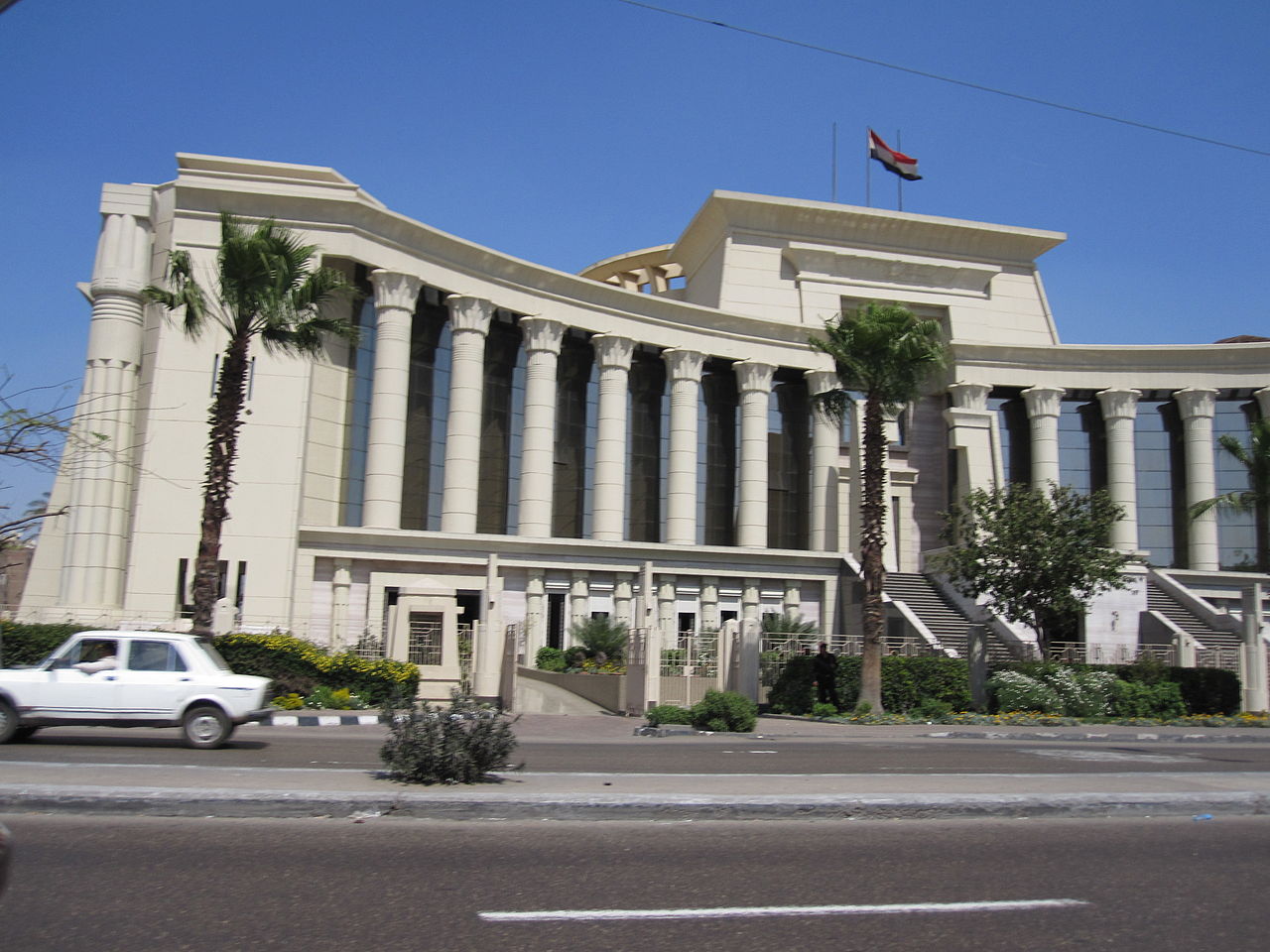Introduction In their work on the regulation of social media influencers, Catalina Goanta and Sofia Ranchordás noted that the topic’s complexities involve, among other things, rethinking “the distinction between peers and professionals” (2019, 14). The United Arab Emirates in 2018 addressed this issue by essentially professionalizing what had previously often …
Read More »Sahar Khamis on Shifting Tides for Arabs and Muslims in the US
In light of the changes taking place in the United States, Arab Media & Society asked Dr. Sahar Khamis her thoughts on how the Arab and Muslim communities in the US have been affected. 1) What was the most notable effect of Trump’s policies on the Muslim community in the …
Read More »Precedented History: Arab Media Coverage of the Israeli – UAE – Bahrain Normalization Agreement
On September 16, 2020, U.S. president Donald Trump hosted the signing ceremony for the tripartite diplomatic normalization agreement, known as the Abraham Accords, between the United Arab Emirates (UAE), Bahrain, and Israel at the White House. The UAE is the third Arab country to declare normalization with Israel after Egypt …
Read More »Hagia Sophia: An Analytical Overview of Religious and Media Argumentation (Arabic)
Scroll down for the Arabic abstract. Turkey’s Council of State, the highest Turkish administrative court, handed down its decision on July 10, 2020 regarding Hagia Sophia. The council reversed the monument’s status from a museum back into a mosque as from July 24, sparking heated debates between those in favor …
Read More »The Earth Turns and the World has Changed: Egyptian and Arab Science Journalism in the Digital Age
Abstract Science journalism in Egypt reflects the way science is taught, perceived and practiced in the country. Online publications cover science and technology in different ways. Yet, all of them rely on translators as most of the science stories are sourced from foreign outlets. This paper looks at how science …
Read More »The Reality and Challenges of Scientific Journalism in the Arab World (Arabic)
Scroll down for the Arabic abstract. Despite its early onset in the Arab world in the nineteenth century, science journalism is, nowadays, facing different challenges that hinder its role in contributing to the sustainable development and prosperity of our society. The main pillars of science journalism are professionalism, accuracy, reliability …
Read More »Social Media Applications in Crisis Management of Natural Disasters: Lessons for the Arab Region
Introduction Throughout history, nations have suffered natural disasters that inflict damage, spread chaos, and claim lives. In contrast to anthropogenic or human-made disasters that are usually limited in scope, a natural disaster can impact a whole country, or even a continent. Earthquakes, volcanoes, floods, landslides, and hurricanes, to name a …
Read More »Tech, Time, and Jihad
On December 28th, 2015, when the Iraqi army felt confident enough of the military situation around Ramadi, the capital of Anbar province, it invited the world’s media to witness the raising of the national flag atop a central administration building. For the Iraqi government, the ejection of ISIS jihadists from …
Read More »How Egyptian Laws Contradict the Universal Principles of Freedom of Media & Press
“I should not hesitate a moment to prefer the latter.” This was Thomas Jefferson’s decisive answer when asked to choose between “a government without newspapers or newspapers without a government.” Throughout the past four centuries, the universal avowal of democracy and the rule of law have dramatically evolved. As a …
Read More »Building Narratives: A Study of Terrorism Framing by Al Jazeera and Al Arabiya TV Networks
Using framing theory and content analysis, Saeed Abdullah & Mokhtar Elareshi investigate how Al Jazeera and Al Arabiya TV networks cover terrorism. This paper focuses on how the two networks differ or are similar in covering terrorism and identifies factors that may influence each network’s news selection processes and the framing of terrorism stories. This work represents an initial effort to expand research on terrorism coverage by pan-Arab media.
Read More » Arab Media & Society The Arab Media Hub
Arab Media & Society The Arab Media Hub









